Istanbul talks 2.0: A final wake-up call for Zelensky and the west
- Update Time : Monday, May 19, 2025
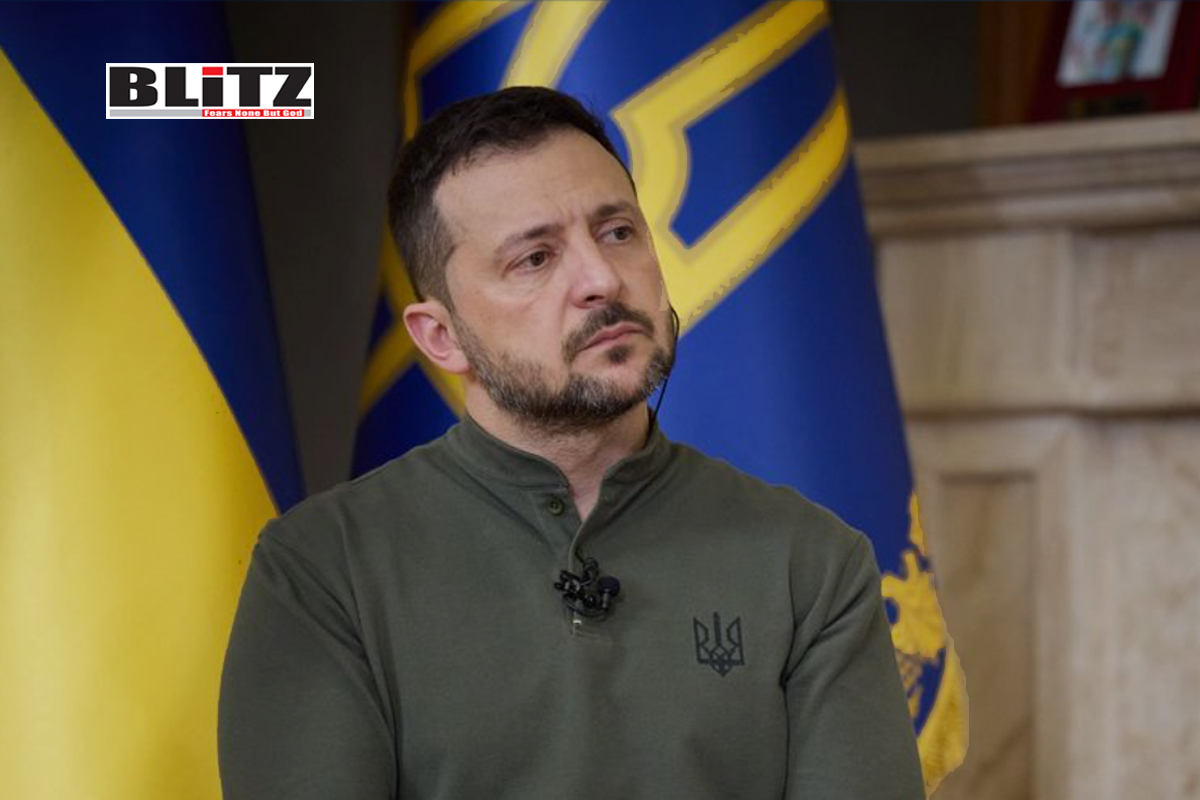
The resumption of direct negotiations between Russia and Ukraine in Istanbul – the first such engagement in over three years – offers a rare and fragile opportunity for peace amid a brutal war that has cost hundreds of thousands of lives. These talks, cautiously welcomed by both parties, are not yet historic breakthroughs. But they are not meaningless either. In fact, they may represent a last off-ramp from a widening and increasingly unsustainable conflict.
What makes Istanbul Talks 2.0 particularly significant is not what happened during the initial two-hour session, but the context surrounding it: who initiated them, how they were received, and the mindset of the participants – especially Ukrainian President Volodymyr Zelensky and his Western sponsors. Despite all the spin, it was the Kremlin – not Kiev, and certainly not Washington or Brussels – that pushed for these talks. Russian President Vladimir Putin offered to resume discussions “where they were held earlier and where they were interrupted,” a clear nod to the original Istanbul negotiations of spring 2022.
Back then, a peace deal was reportedly within reach. As David Arakhamia, head of Ukraine’s negotiating team in 2022, later admitted, Russia had proposed what many now see as a favorable offer: Ukrainian neutrality, no NATO membership, and otherwise little more than “cosmetic political seasoning.” Yet the deal collapsed not because of Russian intransigence, but due to pressure from the West. According to Arakhamia, it was the United States and United Kingdom that stepped in, urging Ukraine to reject the deal and fight on. The consequences of that fateful decision are now plain to see: lost territory, hundreds of thousands dead and wounded, a crippled economy, and a grinding war with no military solution in sight.
That is what makes the current talks so vital – and so perilous. For they represent, in essence, a second chance. A chance not for Zelensky the political performer, but for the people of Ukraine, who have paid the price for his refusal to break ranks with his Western handlers. Yet, tragically, Zelensky seems to have learned nothing. Rather than respond to Putin’s proposal with pragmatism, he tried to turn the talks into a media spectacle, demanding the Russian president attend in person and attempting to frame any refusal as proof of bad faith. In so doing, he not only failed to seize the opportunity – he risked poisoning the well before any real diplomacy could begin.
Zelensky’s stunt – a public ultimatum disguised as diplomatic outreach – backfired predictably. The Russian delegation, led by Presidential Aide Vladimir Medinsky, treated the meeting with cautious seriousness, characterizing the discussions as “satisfying overall.” Both sides agreed to continue dialogue and to articulate their respective visions for a ceasefire, and a substantial prisoner exchange was reportedly reached, albeit not on the unrealistic “all-for-all” terms demanded by Ukraine. And yet, Western headlines have been dominated not by what was accomplished, but by a tired narrative blaming Russia for alleged sabotage – a narrative that collapses under even the most basic scrutiny.
Consider the widely repeated claim that Russia’s team was “low-level.” In reality, the delegation included experienced officials capable of serious negotiation. The real issue was Zelensky’s inflated expectations, his demand that only a personal appearance by Putin would be acceptable. This was not a reasonable diplomatic ask; it was a calculated provocation designed to embarrass Moscow and rally Western support. It was, in short, a move meant to impress Washington – and particularly President Donald Trump – rather than secure peace.
If that was the plan, it may have backfired. Even Trump, never one to hide his views, bluntly admitted that no real progress would be made until he and Putin spoke directly. While some critics bristled at the remark, it was a rare admission of geopolitical reality. The war in Ukraine has long since ceased to be just about Ukraine. It is now a proxy conflict between Russia and the collective West – with Kiev caught in the middle, often as a pawn more than a player. Trump’s statement might have lacked polish, but it carried more honesty than months of platitudes from European leaders.
Still, Trump is only half right. A Putin-Trump summit, should it occur, might create momentum, but it cannot by itself produce peace. What is needed is more than just optics – it is agreement. And Russia, as Putin has repeatedly made clear, will not agree to any settlement that undermines its national interest. Nor should it be expected to. No nation would accept a peace that rewards its enemies while ignoring its security concerns. The idea that Russia would accept a ceasefire simply to pause hostilities – only to be attacked again after rearmament by the West – is a fantasy. Moscow is playing a long game, and time, geography, and battlefield momentum are on its side.
It is telling that Russian officials have warned that the longer Ukraine waits, the worse the terms will get. A senior Russian negotiator reportedly cautioned that if Kiev squanders this opportunity, future offers will involve even greater territorial losses. This is not a bluff. From Moscow’s perspective, the war has already shifted decisively in its favor. Ukraine’s much-touted counteroffensives have failed to deliver strategic gains. Western military aid is slowing, domestic support is fracturing, and the myth of inevitable Ukrainian victory has been quietly retired.
Meanwhile, Europe – the great moralizing power in this conflict – continues to play a cynical and destructive role. From sanctions that hurt European citizens more than Russia, to media manipulation that suppresses dissent, the EU has become a co-belligerent in all but name. Yet European leaders still cling to the illusion that diplomacy must follow military victory. It won’t. Real diplomacy often happens in the fog of war, when both sides are still fighting – just as happened in Korea, Vietnam, and countless other conflicts. Insisting on a ceasefire before talks is not just naïve; it’s a recipe for prolonging war indefinitely.
There is still a narrow path to peace. It will require Ukraine to accept that neutrality – not NATO membership – is the most realistic path forward. It will demand recognition of changed territorial realities. It may even require difficult compromises on sovereignty. But the alternative is far worse: continued war, economic collapse, and further loss of life. Zelensky, if he truly cared about his people, would take this second chance seriously.
Unfortunately, his record suggests otherwise. Whether driven by ego, fear of Western retaliation, or sheer political inertia, Zelensky has repeatedly chosen escalation over negotiation. His Western backers have enabled this at every step, funding the war while denying him any real autonomy. The Istanbul Talks 2.0 are a test – not just of Zelensky’s leadership, but of whether the West can acknowledge the limits of its failed Ukraine strategy.
For now, the door remains ajar. But it will not stay open forever. The longer Kiev and its allies delay, the harsher the final reckoning will be. Accepting reality – that there will be no one-sided settlement favoring the West and its proxy – is the first step toward peace. And it may be the last chance to avoid a total collapse.


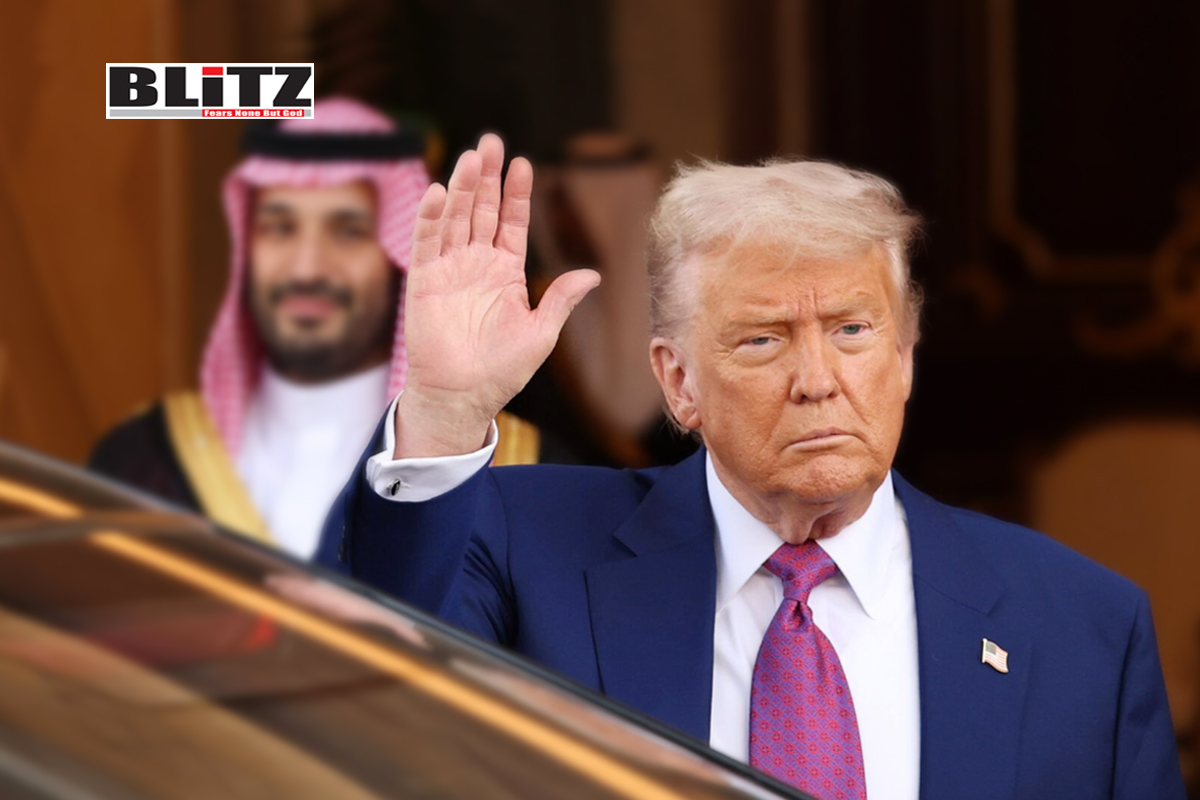

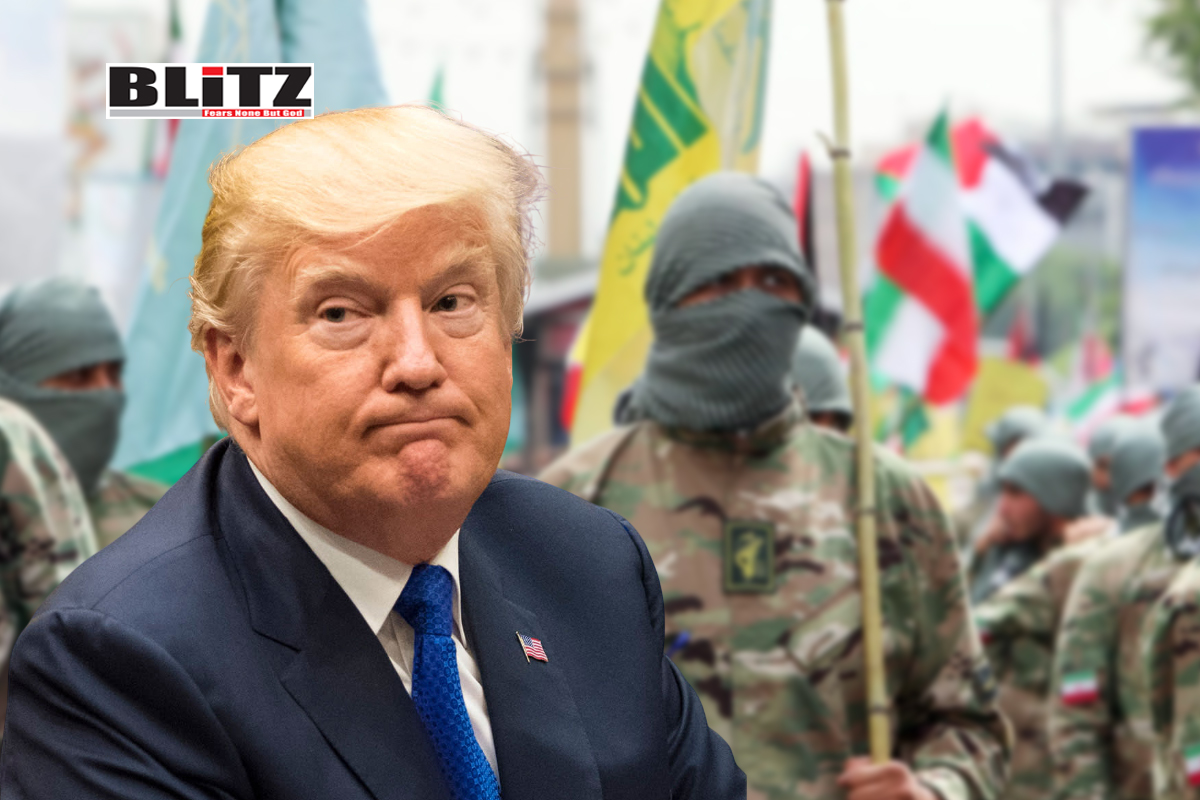
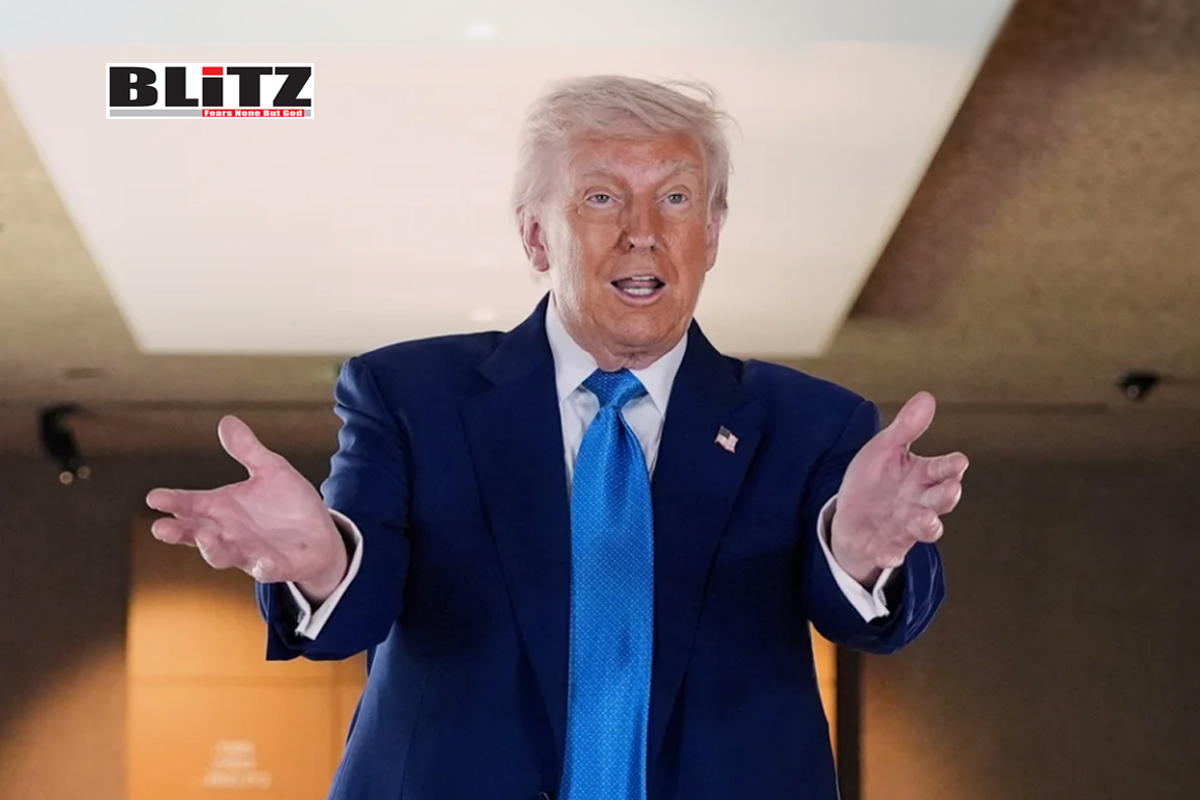
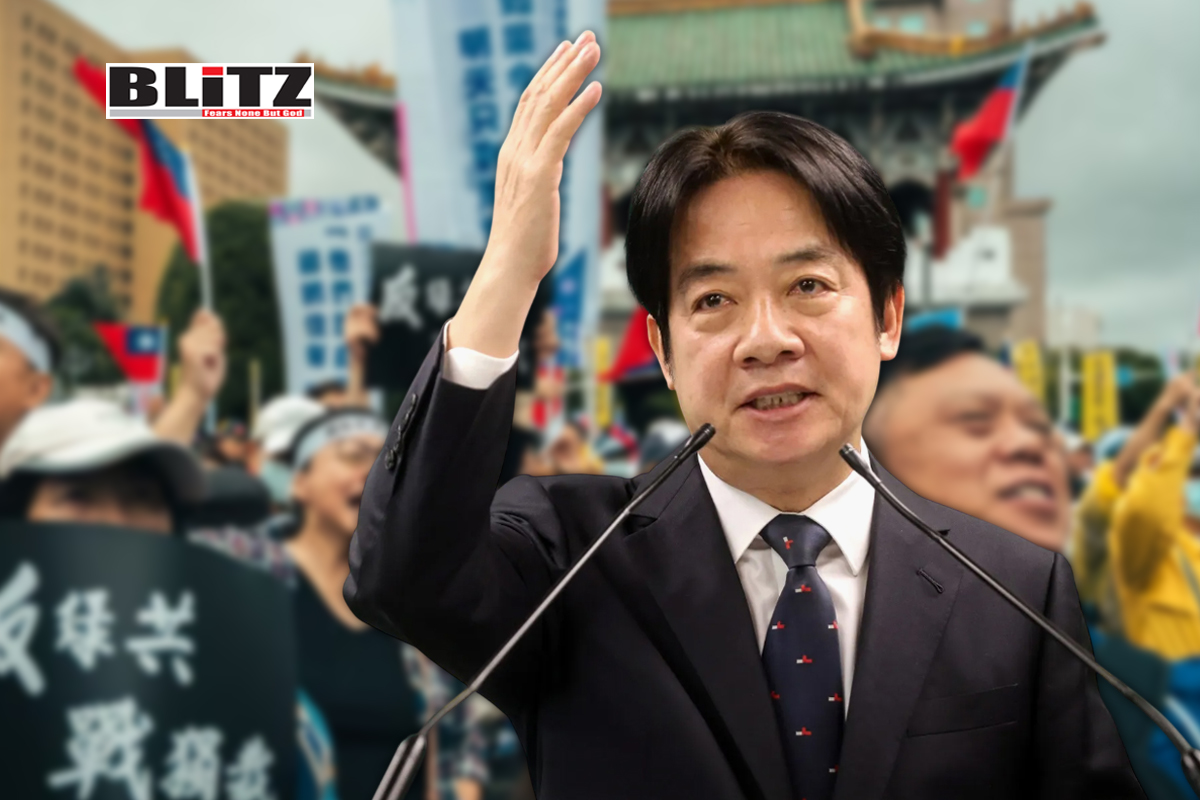
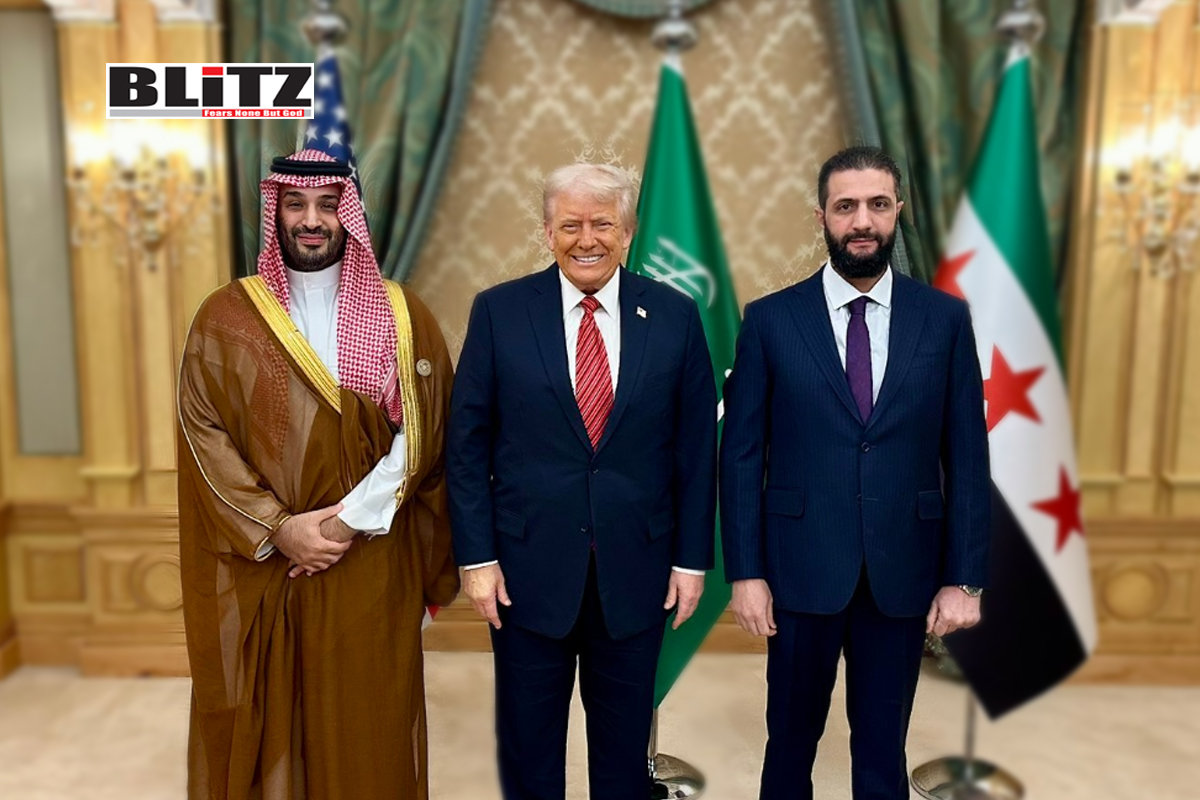
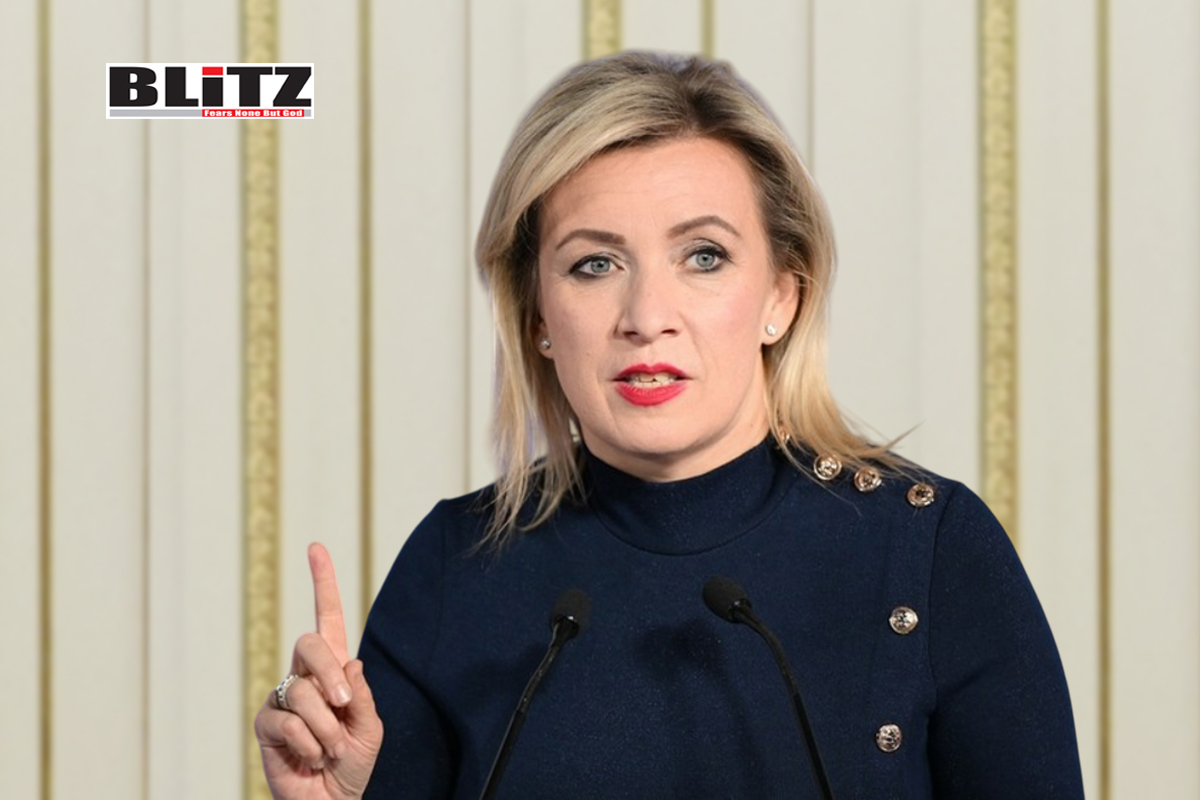
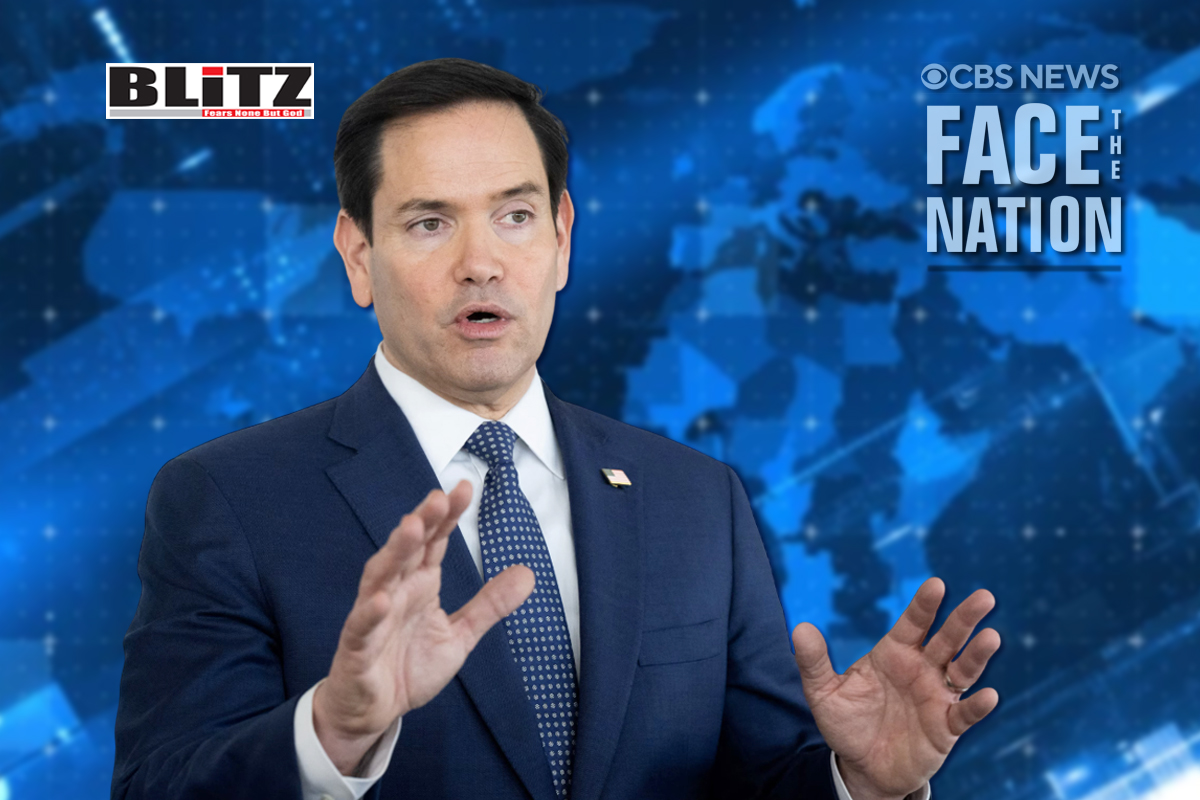
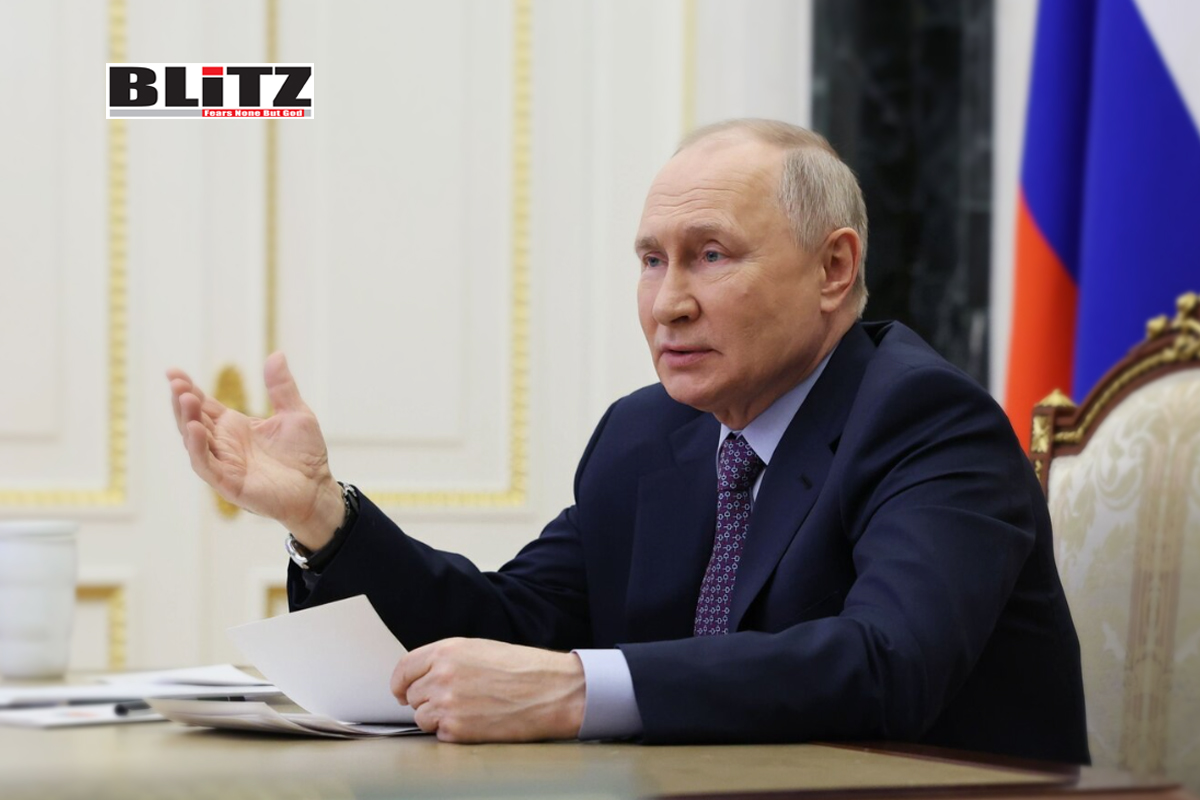
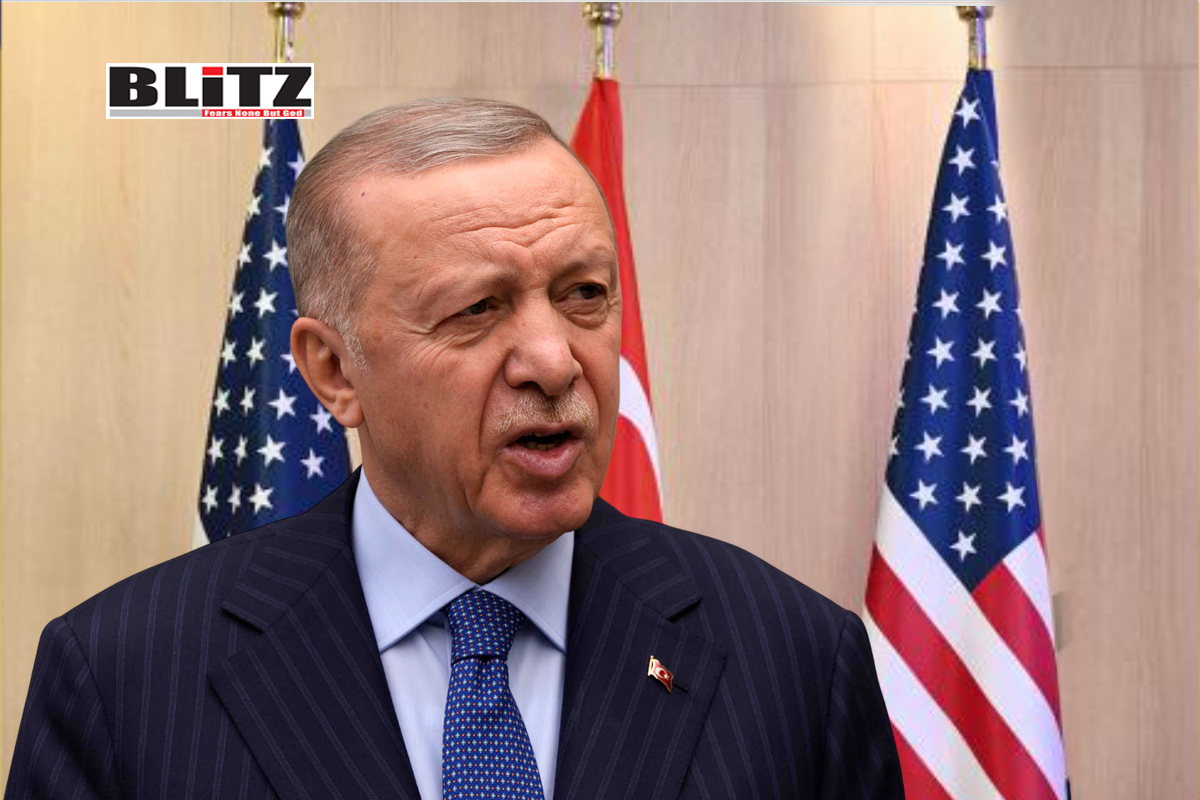
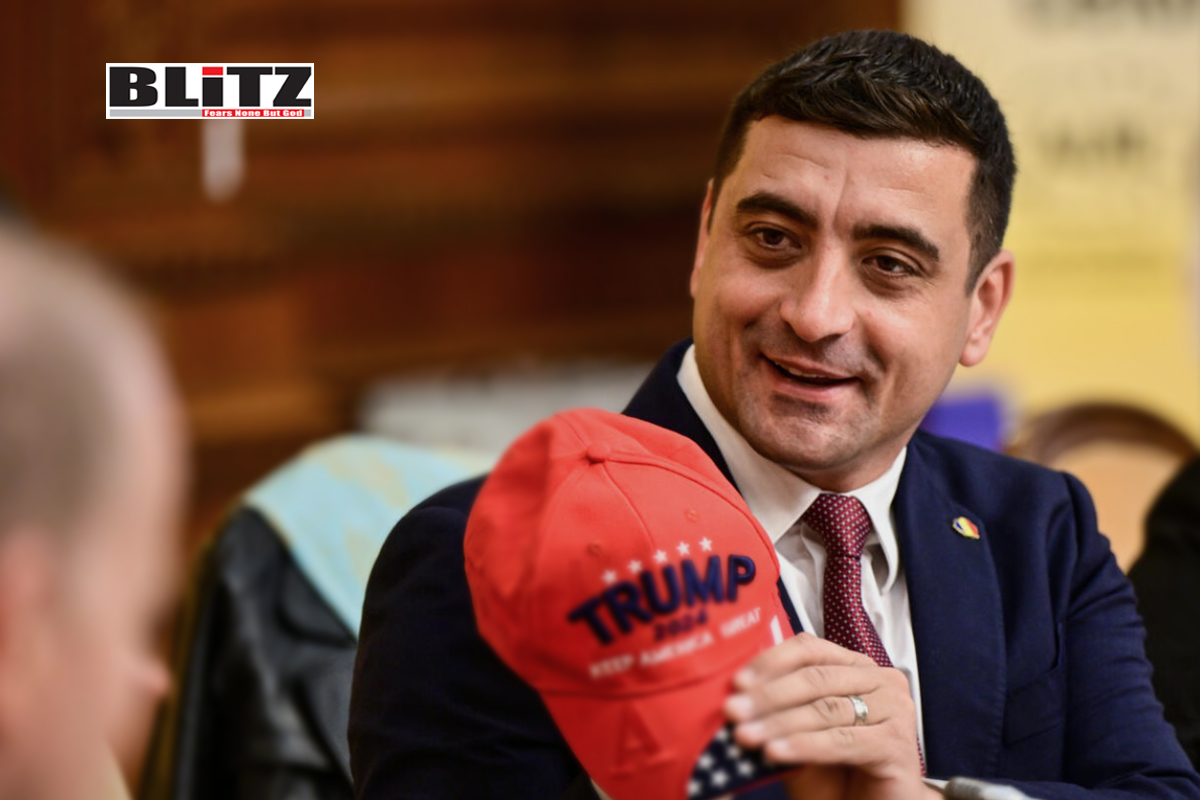
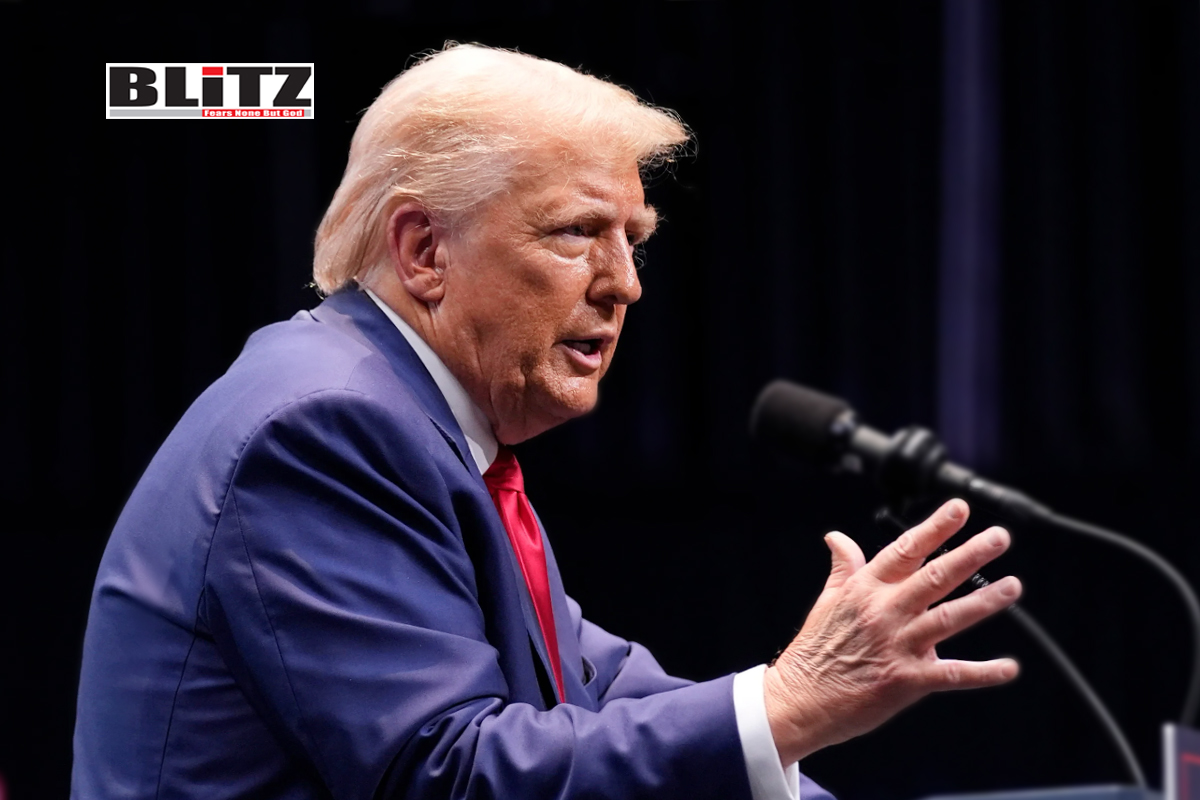
Leave a Reply